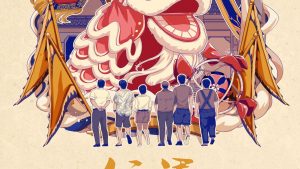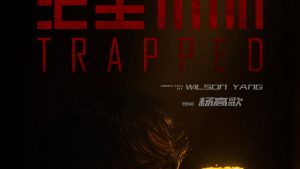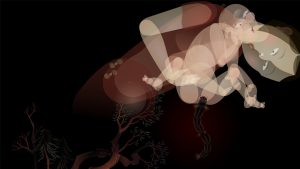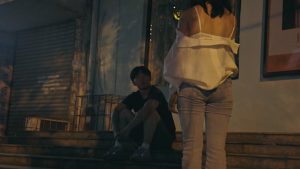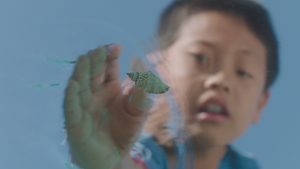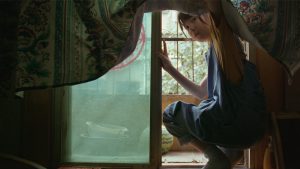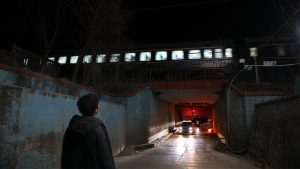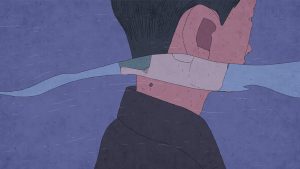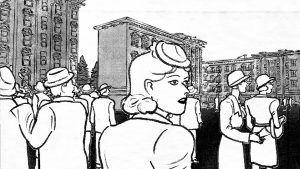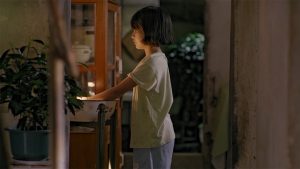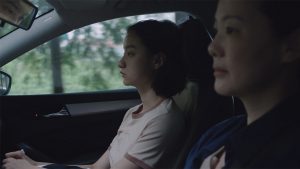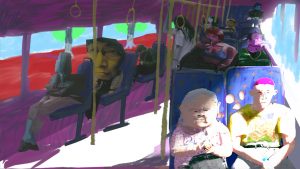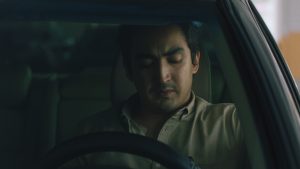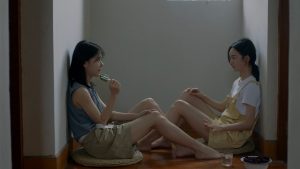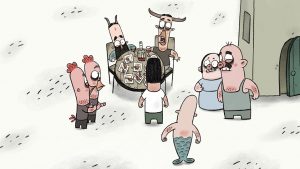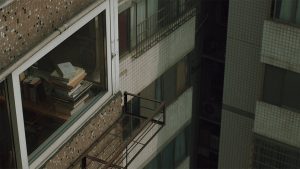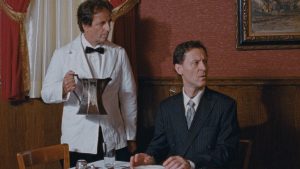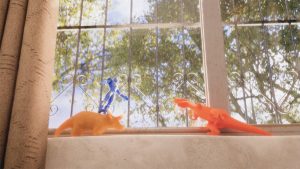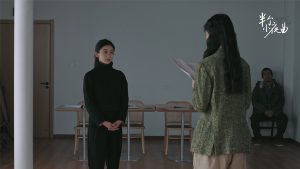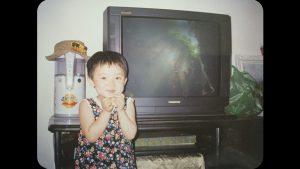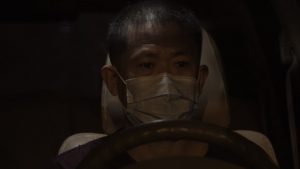Synopsis
Zheng Hui grew up with low self-esteem due to his father’s status as a pedicurist, and he gradually drifted away from his father on the road to growth. After a quarrel with his parents, Zheng Hui, who was heavy-hearted, got out through the door and left, but unfortunately, he suffered a car accident. After waking up from a coma, he unexpectedly returned to the 1990s, decades ago. Just when Zheng Hui was in a panic, a figure walked in, and it was his young father, Zheng Xijin. Zheng Hui lied that he was a distant relative of Zheng Xijin and followed him to work in the public bathhouse by chance. With the shame of his father’s pedicure status, Zheng Hui racked his brains to make trouble with Zheng Xi Jin’s work. The slow times of the 1990s made Zheng Hui feel like years went by. After witnessing all kinds of things his young father went through, Zheng Hui began to walk gradually into the heart of the unfamiliar father and understood that every ordinary person had undistinguished but great dreams.
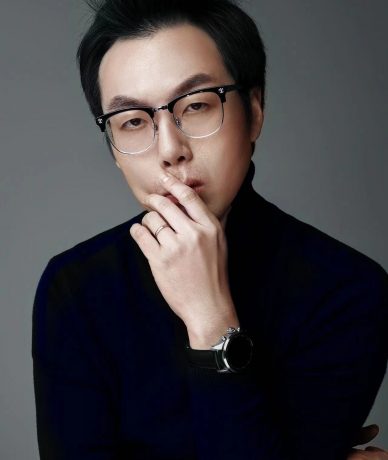
Sailor
Young film director, a member of Shaanxi Film Association, and the Chairman of Xi'an Twenty-one Laps Film and Culture Co., Ltd. He has been focusing on film production for many years and has rich experience in film and television production and expertise in expressing delicate emotional images with audio-visual language. He is now specialized in film script writing and film directing. Representative works are "Xi’an Blues" and "Rhapsody in Bathhouse".
Director's statement
This film commemorates and honors the childhood memories of people from the 80s and 90s. I hope to review the memories of that era in the film, which is also a film that goes back to the time when dreams were first made. In those days, people had simple smiling faces, black, white, grey shirts, and uniforms, and in the midst of their simple lives, everyone was full of the ideal of building the country. Zheng Hui and Zheng Xijin, father and son, respectively represent the fickleness of the modern age and the innocence of the past. Times are changing, and in Zheng Hui’s eyes, the simplicity of his father, Zheng Xijin, seems to become cumbersome. In the serenity of the past, the nasty problems of modern people with Zheng Hui are also exposed. I want to use the lens to show this contrast to raise my question – do you still remember your original dream in this era of impetuous money worship?




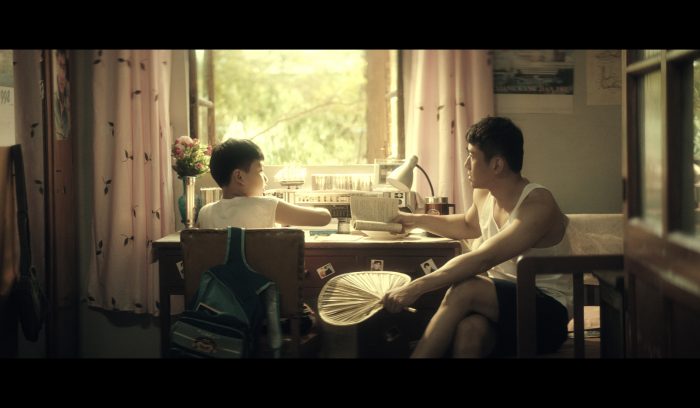
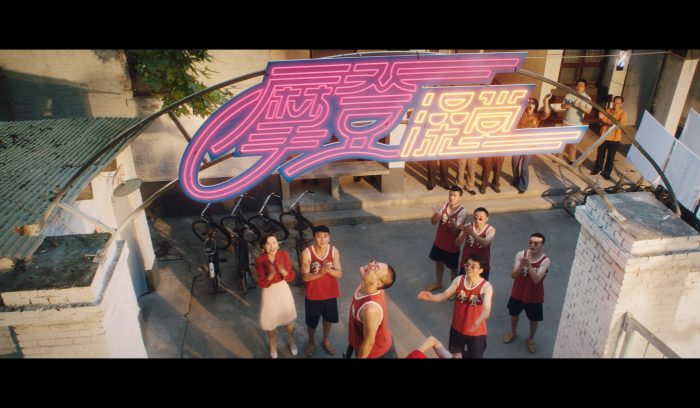
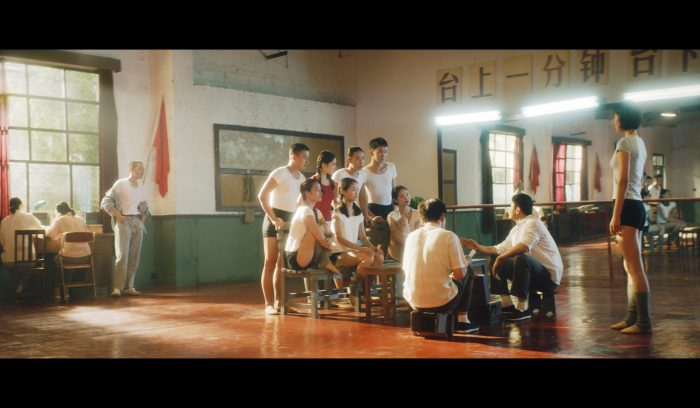
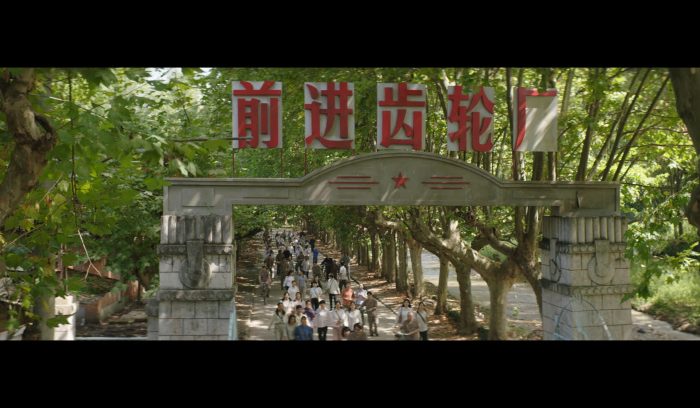
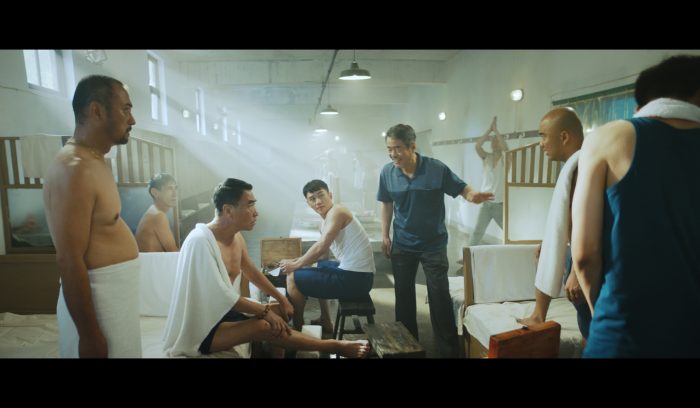

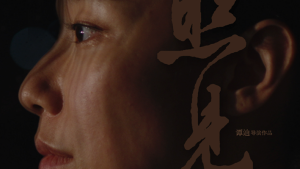
-2-300x169-c.jpg)

